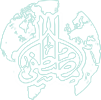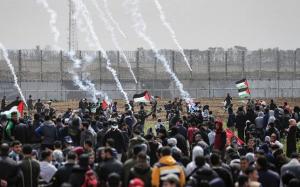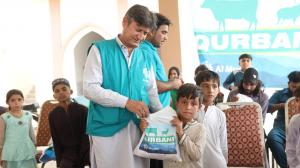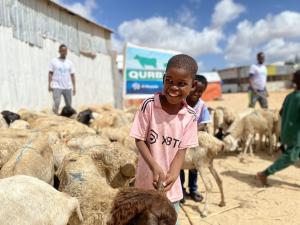How giving charity can make your Ramadan extra special
There are five core pillars of Islam – shahadah, belief in Allah alone as the one true God; salah, praying five times a day everyday; sawm, fasting during the month of Ramadan; Hajj, a pilgrimage to Makkah at least once in a lifetime; and compulsory charitable donations of 2.5% of one’s wealth, known as Zakat.
Giving charity is not only beneficial for those who receive it, as there are countless rewards for those who give it. It is essentially a way to nourish the soul and seek salvation. We are told that charity can protect us from harm in this life, and raise our rank in the next.
Ramadan 2025
In the month of Ramadan, all good deeds are multiplied by 70, and so this means for every £1 you give in charity, you will be rewarded as though you have given £70. Ramadan is an excellent time to realign our values in serving those most in need.
The Messenger of Allah (saw) addressed his companions on the last day of Sha`ban, saying:
"Oh people! A great month has come over you; a blessed month; a month in which is a night better than a thousand months; month in which Allah has made it compulsory upon you to fast by day, and voluntary to pray by night. Whoever draws nearer (to Allah) by performing any of the (optional) good deeds in (this month) shall receive the same reward as performing an obligatory deed at any other time, and whoever discharges an obligatory deed in (this month) shall receive the reward of performing seventy obligations at any other time. It is the month of patience, and the reward of patience is Heaven. It is the month of charity, and a month in which a believer's sustenance is increased. Whoever gives food to a fasting person to break his fast, shall have his sins forgiven, and he will be saved from the Fire of Hell, and he shall have the same reward as the fasting person, without his reward being diminished at all." [Narrated by Ibn Khuzaymah]
It is important that during Ramadan, we do more. It is a time for us to commit to being better in our faith, better towards other people, and more sincere in our worship.
Ramadan charity
Many people choose to give their Zakat during the month of Ramadan due to its blessings and rewards. Many Muslims spend most of Ramadan in a state of prayer and meditation, and are also invested in supporting others and their communities.
The Qur’an teaches that Zakat is not just a duty on those who have wealth, but also a right that poor people have over them. The Qur’an also promotes the sanctity of life, stating ‘whosoever saves a life, it is as if he had saved the whole of mankind’ (Qur’an 5:32).
In Ramadan, whilst many of us choose to fast out of love and obedience to Allah (swt), we bear the hunger knowing that wholesome, delicious iftar meals are waiting for us. We know that this hunger is temporary. However, for millions around the world, each day they are forced to go without food due to poverty. Even in Ramadan, they will struggle to find food for iftar and will go continually hungry.
Reward for feeding a fasting person
One way of multiplying your rewards this Ramadan, is to feed a fasting person.
The Prophet (peace be upon him) encouraged us to feed others during Ramadan by saying: “He who breaks another’s fast earns the same reward as the one who fasted, without diminishing the latter’s reward in the slightest” (Hadith, Tirmidhi).
Join Al Mustafa Welfare Trust this Ramadan in our challenge to feed 100,000 people throughout the month of Ramadan. You can provide food for a family for the entire month for just £55. Find out more here.
We want to distribute 20,000 food parcels to impoverished communities so we can feed 100,000 vulnerable people this Ramadan. We cater each food parcel depending on the area of distribution. This means we provide food that is reflective of local diet and customs, as well as food that is most available and ripe in the market. This means food parcels vary from location to location, but each food parcel is packed full of wholesome and nutritious food for all the family. Food parcels contain essential items such as rice, oil, flour, dates and lentils. They also contain region-specific items for Ramadan, such as Rooh Afsa and Gram flour in Pakistan.
Suhayb ibn Sinan reported: The Messenger of Allah, peace and blessings be upon him, said, “The best of you are those who feed others.” [Ahmed]
